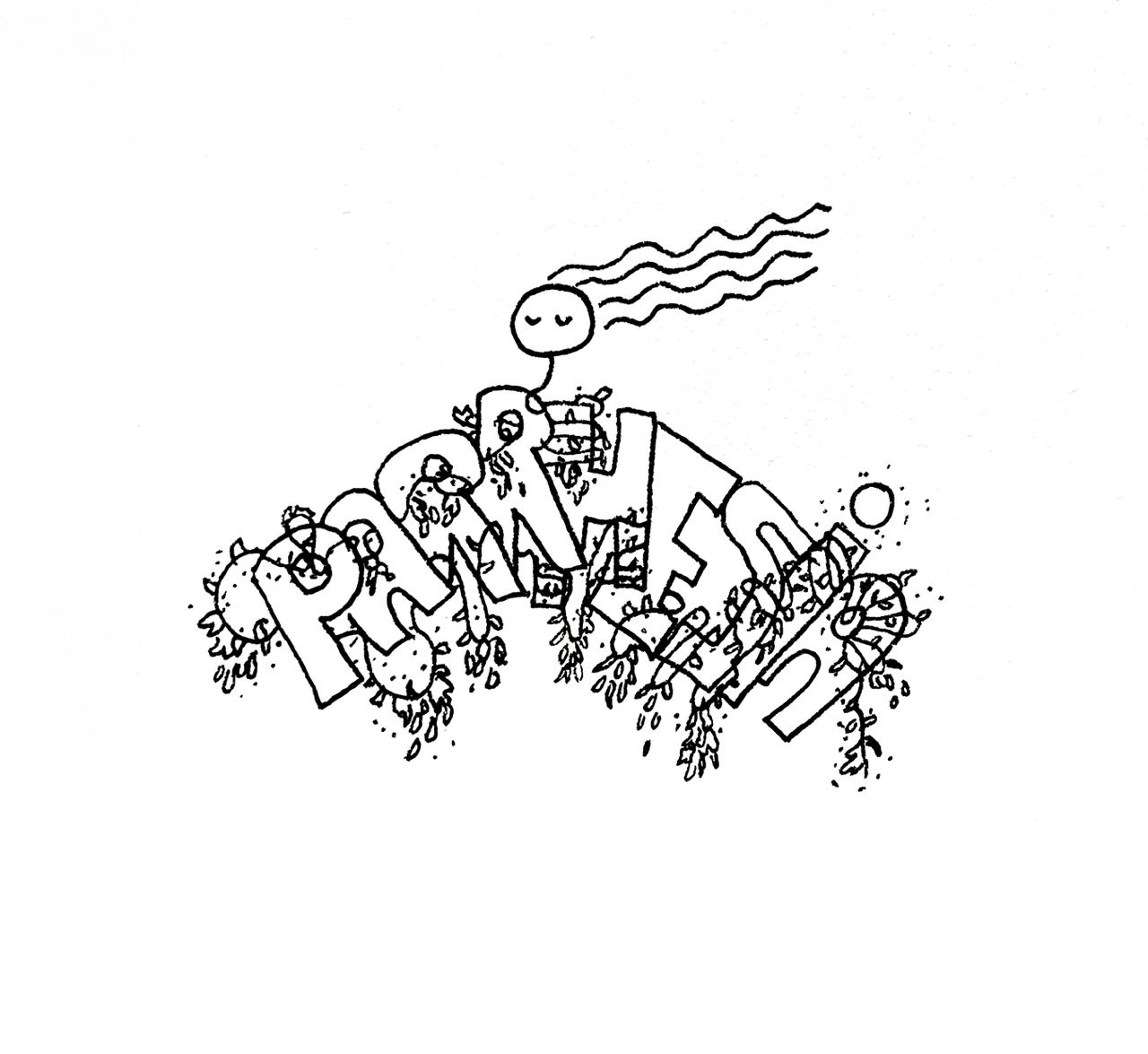When I met Parrhesia Collective, this word gained a much more special meaning for me. Parrhesia Collective is the name of a community of women who think, speak, read and write in Armenian, different from the ancient usage of the word.
LUSİ TEK
Parrhesia, the name of our collective, is a combination of the Ancient Greek words ‘pan’ (whole, all, every) and ‘rhesis’ (speech, expression, explanation), and means speaking sincerely, open-heartedly, saying everything, and freedom of speech.
The word ‘parrhesiastes’, meaning ‘truth teller’, is used for a person who speaks with an open heart. Although it is sometimes risky for this person to say openly what he believes to be true, he must be courageous in spite of everything. This is not necessarily a life-threatening risk; sometimes outspokenness can also lead to offending one's friends or losing one's reputation.
Parrhesia is partly related to the relationship one establishes with oneself. A person who is able to establish a relationship with himself/herself encourages the other person to establish a relationship with his/her own inner world through his/her words.
Parrhesiastes, as it was used in antiquity, naturally refers to male citizens. ‘Naturally’, because in Ancient Greek society, women did not find as much place in social and business life as men did. When an educated woman from a noble family married, she was expected to take care of the household, her husband, and her children's education. Apart from these, she could spend her days spinning yarn and wool and weaving cloth in the part of the house reserved for women. Except on special occasions, she was not allowed to go out without a slave or her husband's permission. Although non-noble women were not so oppressed, they were not welcome in business life.

It is very valuable for all of us that many Armenian women in various positions, from professionals in history, language, art, literature, philosophy and architecture to university students, can think and produce together, understand and support each other. Moreover, we can do this in the Armenian language.
While the use of our language among young people is becoming rare except in compulsory situations, while literacy in this language is decreasing, while more importance is given to non-linguistic subjects in education, I have seen that good work can be done by using our language comfortably outside of school with the activities we organize as Parrhesia Collective, through which I was encouraged to write in Armenian.

